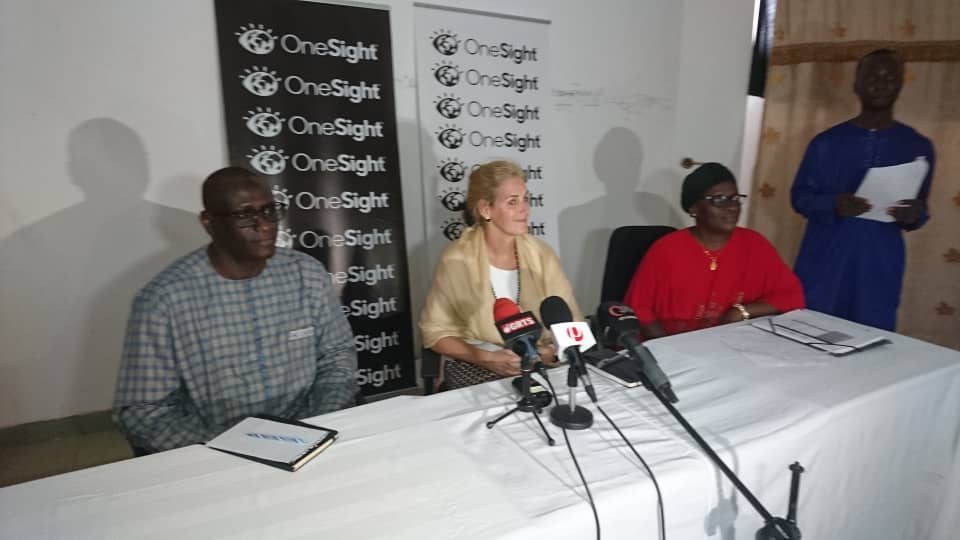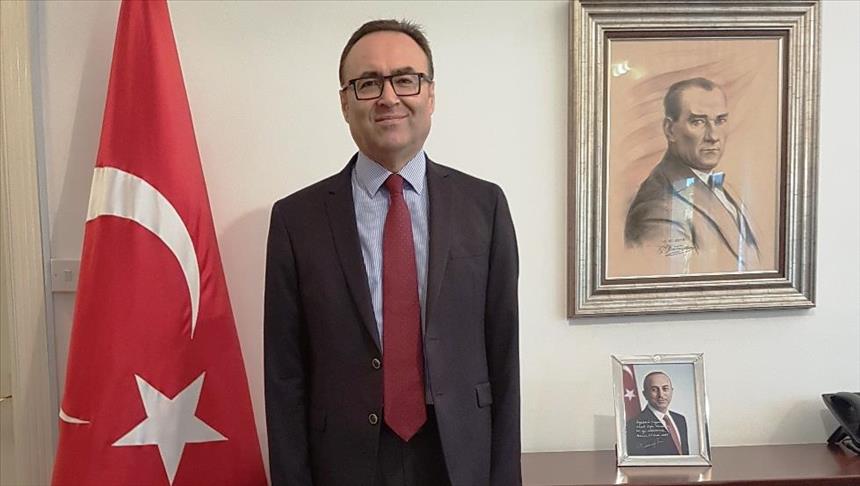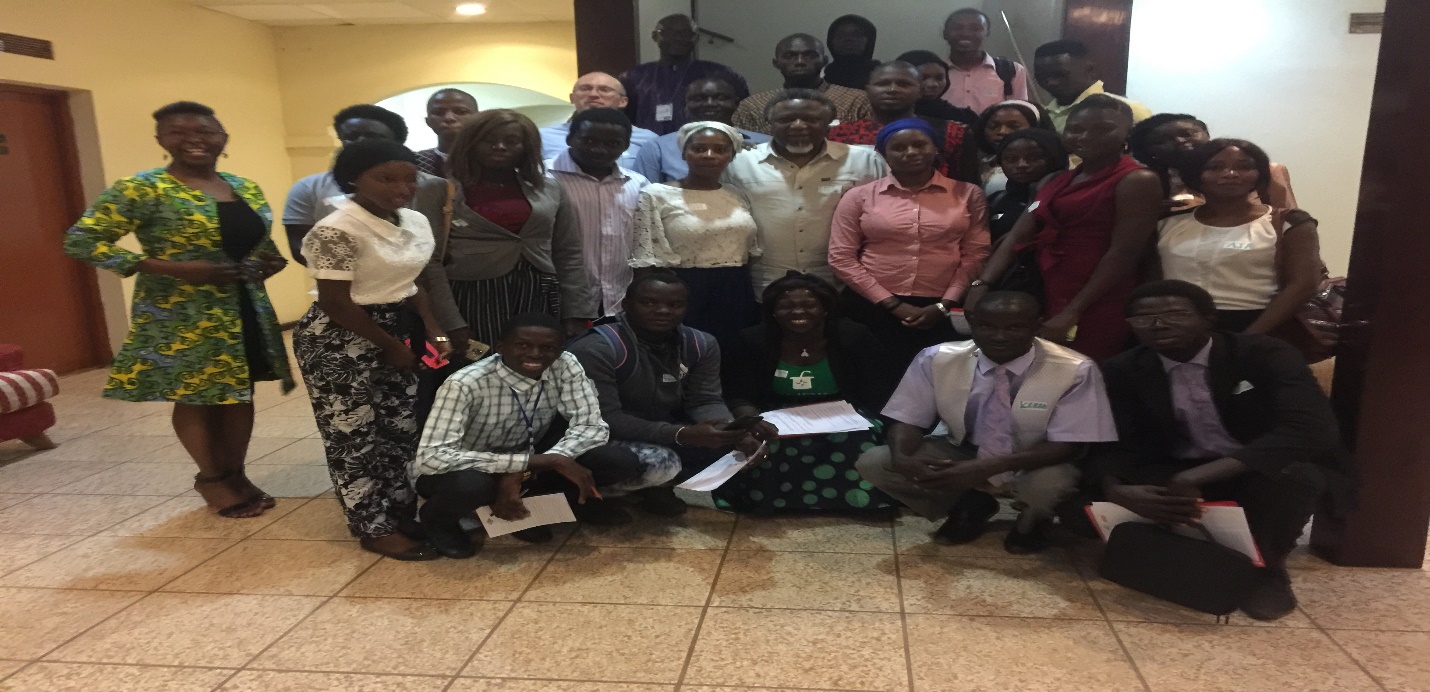By Maimuma Sey Jawo
Abdoulie Mam Jagne, a Coordinator at the Project Coordinating Unit of the Ministry of Health has affirmed that the effective implementation of The Gambia Essential Health Service Strengthening Project (GEHSSP) will contribute immensely in the country’s health service strengthening crusade.
“The sole objective of the project is to improve quality and increase utilization of health care services. Therefore, to achieve this, concerted efforts are needed from all partners especially the healthcare providers and their immediate supervisors,” he said.
Mr. Jagne was speaking at Kartong during the opening of three days convergence organized by the GEHSSP and was attended by health personnel across the length and breadth of the country.
The project is currently being implemented in 120 public health facilities across the length and breadth of the country. The project is expected to run from 2021 to 2026 with support from the World Bank and the government. Officials said continue grant from the World Bank will depend on the successful implementation of the project at the end of 2026. Again, under this project, a world class infectious disease hospital and an incineration plant will be built.
Officials stated that it demonstrates another milestone in their journey towards providing quality health care to the populace.
Mr. Jagne said the project came as a result of the successful implementation of the MCNHRP which started in 2015 to 2020. “This previous project was piloted in 2014 at the North Bank Region. Because of the successes it was scaled out to other regions excluding western regions. The end-line impact evaluation revealed very highly satisfactory results, hence extra funding was approved.”
“In addition, the government of The Gambia showed commitment by contributing D40million to the continuation of the project for a period of 6 months after the deadline. This project was rolled out to all the regions because of the gains registered and also due to the fact that 60% of the population live in western 1 and 2 who were not part of the previous project.”
He further maintained that the project is being implemented as a result of the numerous challenges facing the health sector such as inadequate human materials resources, dilapidated infrastructure, low quality of health care services, low utilization of health care services, and frequent stock-out of essential medicines among others.
Baba Galleh Jallow, a seasoned health practitioner who doubles as the Project Manager underscored the significance of the convergence, while urged participants to participate well with a view to enable them achieve the objectives of the project.
According to him some regions have been implementing the RBF for five years. However, the convergence is very keys in the quest to attain quality health service delivery in the country.
The Maternal and Child Health Project, he added, was evaluated by independent consultants by the World Bank, while further claiming that after the evaluation it was rated very successful.
“The Resources Based Financing (RBF) is doing extremely well. In fact, it’s a game changer in some facilities. Therefore, having these three days convergence is keys. It will avail us the opportunity to reflect on our achievements and as well look at some of our challenges with a view to address them in order to improve quality health services in the country.”
He said disclosed that the government is committed to this project and that last year the government gave out D50 million and this year D40 million.
Alhagie Sankareh, regional health director for WCR dilated on the significant of the forum, and urged the participants to leave up to expectations




